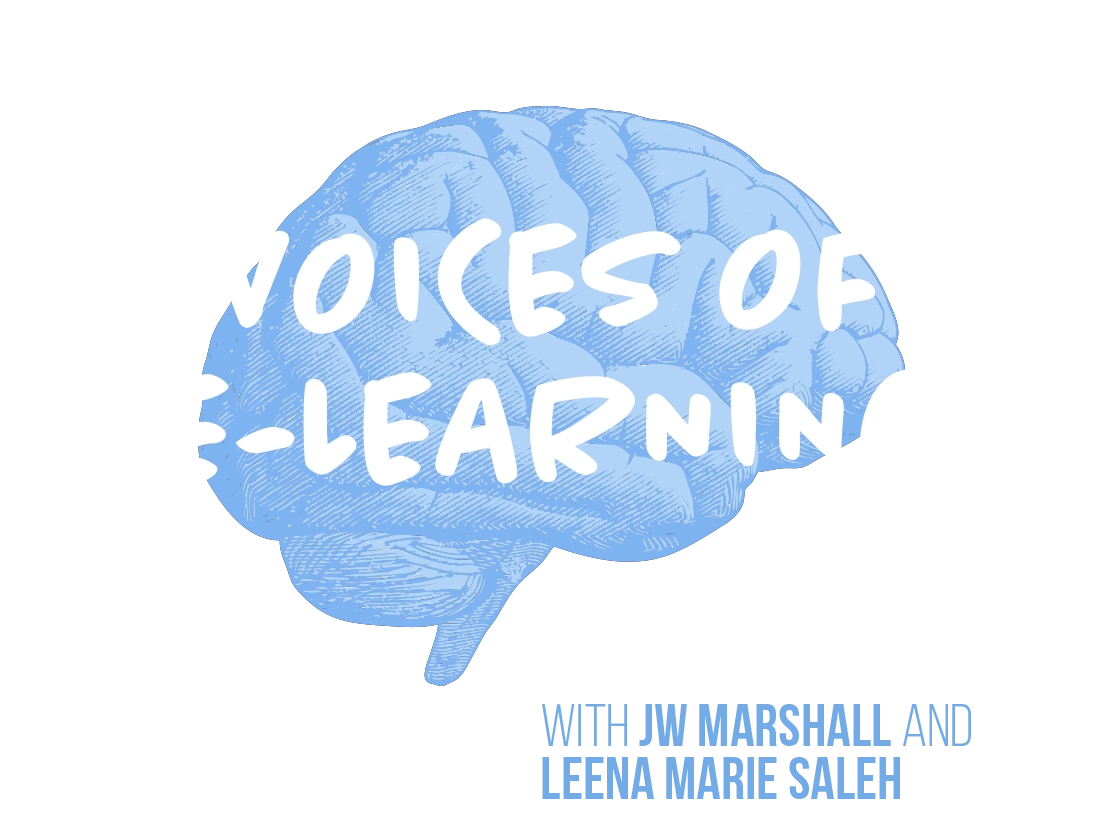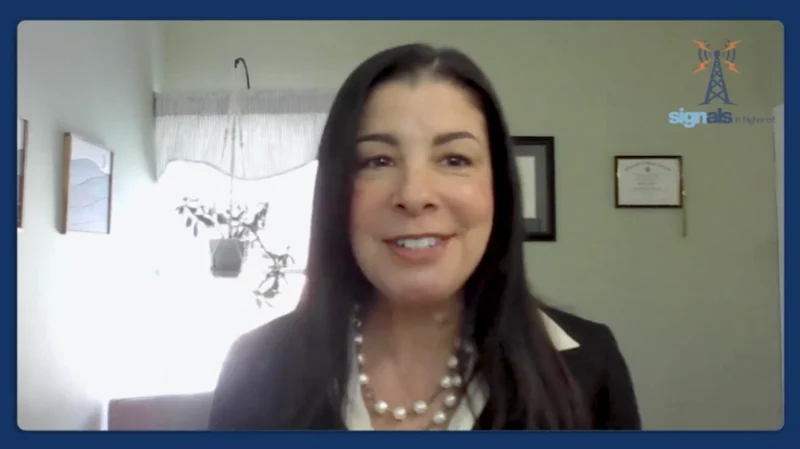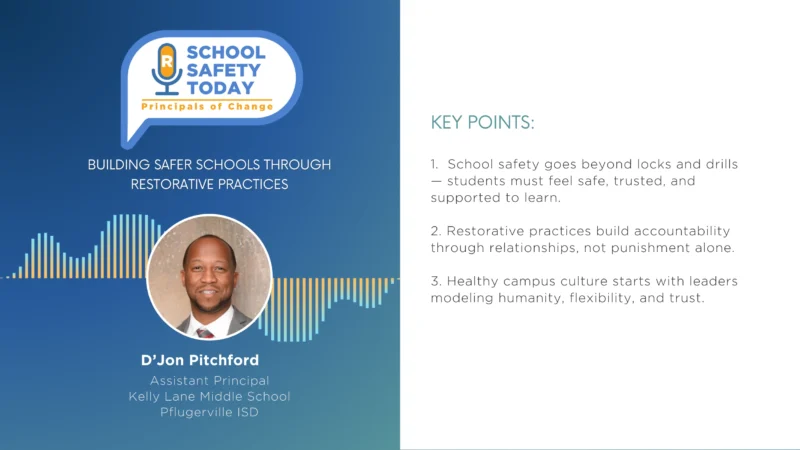Cambium Assessment 4-Year Study Shows Clear and Significant Student Learning Loss
One of the most critical topics in education today is the pandemic’s effect on learning
over the past few years. In October 2022, Cambium Assessment released its new
longitudinal study, which tracked 2.25 million students over four years before and during
the pandemic. The results indicate an unprecedented learning loss during the two years
since the pandemic’s start.
JW Marshall, host of Voices of E-Learning, welcomed two of Cambium’s leaders to
the show to discuss the study, and the results, which show a clear pattern of learning
loss amongst students, particularly younger students in math, and a significantly
disproportionate impact on students from marginalized communities.
John Jorgenson, CMO at Cambium Learning Group, and Gary Phillips, Vice President of
Psychometrics at Cambium Assessment, hope the results of this study will help EdTech
companies, educational leaders & districts with much-needed context to create
strategies and technologies to overcome this challenge and craft the best path forward.
“Math performance had a dramatic double-digit drop from pre-pandemic in 2019 to post-
pandemic in 2022,” Jorgenson said. “Across the grade groups, math proficiency
dropped by an average of 17% from 2019 to 2022.”
Jorgenson, Phillips, and Marshall discuss…
• The areas of educational loss
• The quality and research methodology that went into the Cambium study
• Differences and similarities between the Cambium and NAEP studies
• What should education be doing to help recover from these learning losses
“The amazing thing about the results of the study is that the very same differences in
performance between the demographic groups were sustained each year after the
pandemic, and the unfortunate effect also was that the gaps that were there got larger
as the years went by, and in some cases did not recover,” Phillips said.
John Jorgenson has a 25+ year history in marketing, communications, and brand strategy, working for varied organizations, from Thomson Gale
and Fiserv to the Earthwatch Institute and Carnegie Learning. In his current role with
Cambium Learning Group, Jorgenson leads efforts in the EdTech space for K-12
markets.
Gary Phillips, Ph.D., brings 25 years of experience in applying procedures related to
psychometrics and statistical analyses to education. He is an author of hundreds of
conference paper presentations and publications in journals such as Educational
Researcher, Educational Measurement: Issues and Practice, Education Leadership,
Applied Psychological Measurement, and the International Journal of Educational
Research




